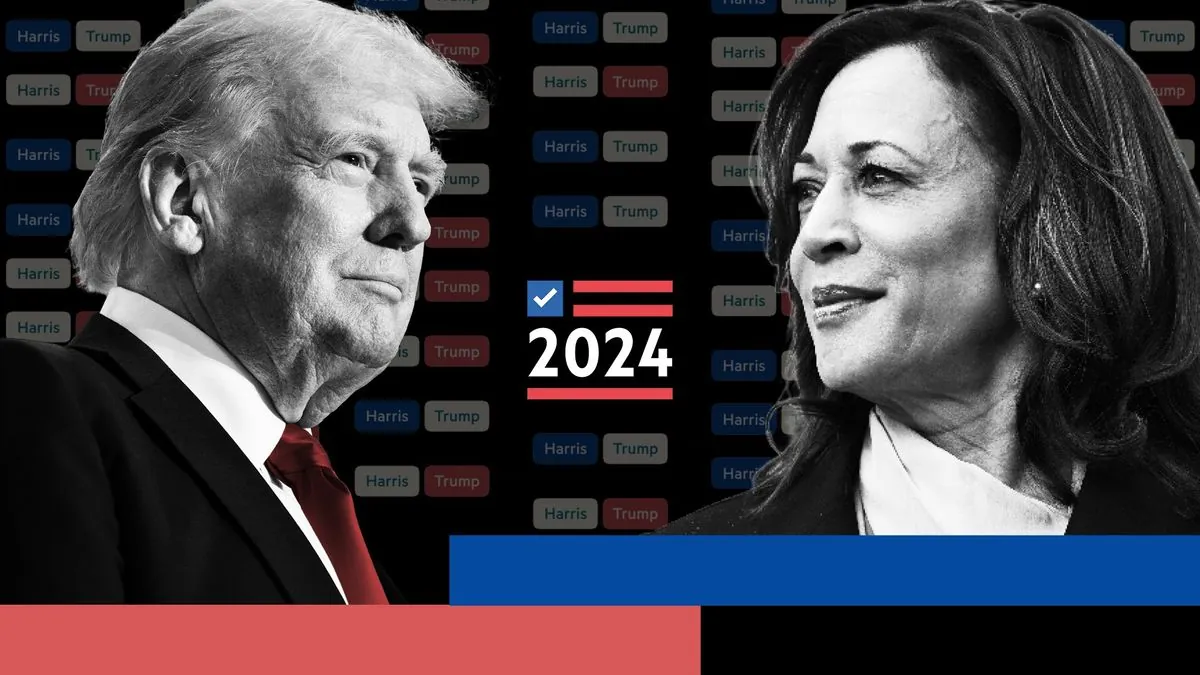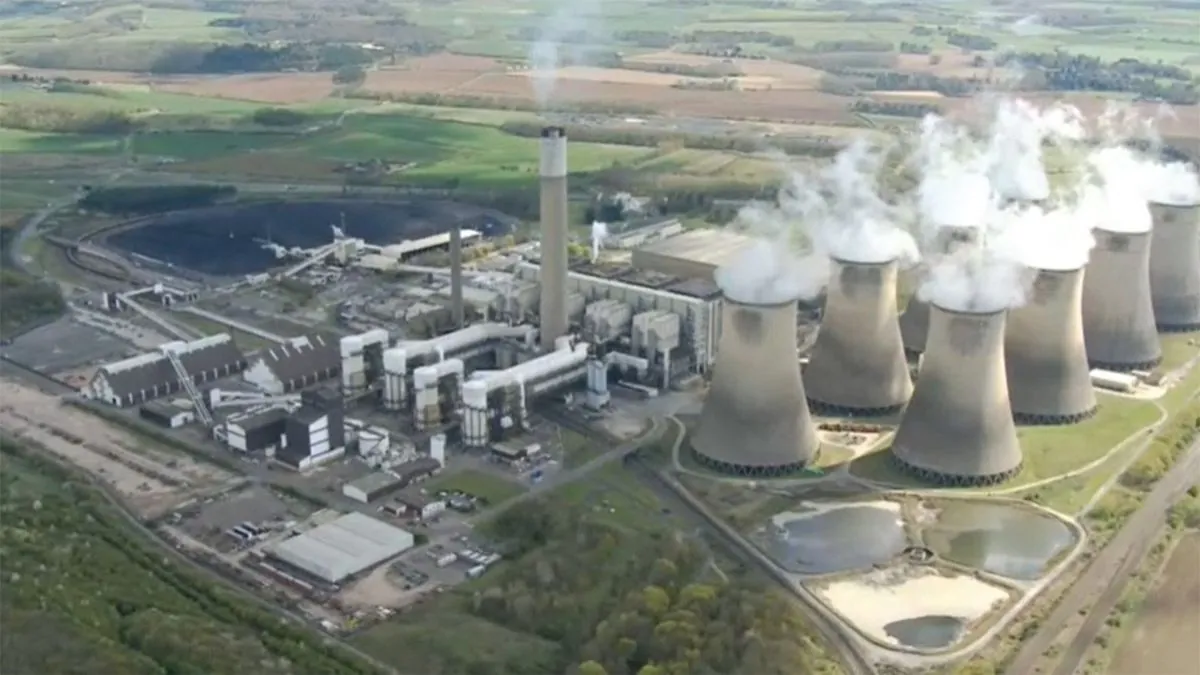Trump vs Harris: Key Details for the 2024 US Presidential Election
The 2024 US presidential election, set for November 5, will see Donald Trump face Kamala Harris after Joe Biden's withdrawal. Key battleground states and early voting dates are crucial factors.

The 2024 United States presidential election is poised to be a significant political event, with Donald Trump and Kamala Harris emerging as the primary contenders for the White House. This development follows Joe Biden's unexpected withdrawal from the race after a challenging debate performance against Trump.
Set for November 5, 2024, the election will determine who leads the nation for the subsequent four years, beginning with the inauguration on January 20, 2025. The Electoral College system, not the popular vote, will ultimately decide the victor, highlighting the importance of strategic campaigning in key states.
Several battleground states are expected to play a crucial role in the election outcome. Pennsylvania, with its 19 electoral votes, remains a critical focus for both campaigns. Additionally, Arizona, Georgia, Wisconsin, and Nevada – states narrowly won by Biden in 2020 – are now prime targets for Trump's efforts to regain the presidency.
Early voting, which has gained popularity in recent elections, begins as early as September 11 in Alabama. Other states follow suit throughout September and October, with Texas commencing on October 21. This extended voting period allows for greater participation and flexibility for voters.

The US election process is notably decentralized, with each state managing its own elections. This system contributes to the varying poll closing times across the country, typically starting around 7 PM local time. Due to multiple time zones, east coast states may have already tabulated votes while western states are still actively polling.
It's important to note that the final election results may not be projected for several days after November 5. The official certification of results by Congress occurs in early January, following the Electoral College vote.
The 2024 election cycle, like its predecessors, is expected to be one of the longest among democratic nations. This extended period allows for thorough vetting of candidates but also increases the potential for unexpected events, such as the proverbial "October Surprise," to influence the outcome.
Campaign financing will undoubtedly play a significant role, with Political Action Committees (PACs) contributing substantially to both campaigns. The Federal Election Commission will oversee adherence to campaign finance laws throughout this process.
As the election approaches, national polls may provide insights into voter preferences. However, due to the Electoral College system, these polls may not accurately predict the final outcome, as evidenced by previous elections.
The presidential transition period, lasting approximately 11 weeks from election to inauguration, will be a critical time for the incoming administration to prepare for governance. This period is governed by established protocols to ensure a smooth transfer of power.
Voters should be aware of their state's specific registration deadlines and voting procedures, as these can vary significantly. Some states offer same-day registration, while others require registration well in advance of the election.
As November 5, 2024, draws near, the nation's attention will increasingly focus on this pivotal election, its potential outcomes, and the future direction of the United States.
"After careful consideration and discussions with my family and advisors, I have made the difficult decision to withdraw from the 2024 presidential race. I believe this is in the best interest of our party and our nation. I have full confidence that Vice President Harris will carry forward our vision for America."


































